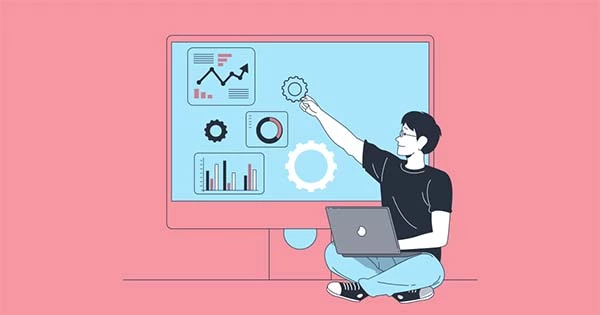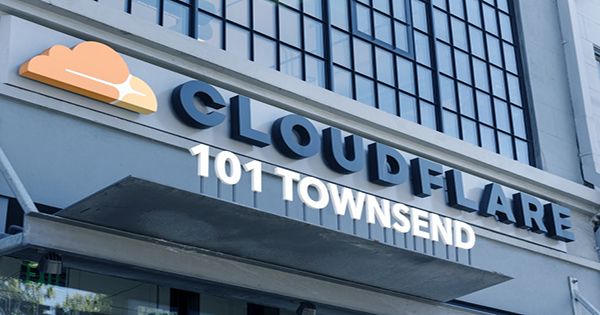If you were a scrappy youngster surviving on YouTube ad money and brand partnerships ten years ago, you undoubtedly told you did not have a real career. You are now a member of the creator economy, a buzzy new sector if selling your creative output is how you pay your rent. Creators are the fastest-growing category of small business, according to a widely referenced landmark research from venture capital firm SignalFire.
Despite the fact that the creator economy just started growing a decade ago, there are currently 50 million people who consider themselves “creators,” and according to SignalFire, more American youngsters desire to be YouTube stars (29%) than astronauts (11%). So it is no surprise that an increasing number of companies are springing up to give tools for artists – it is a chance to cash in on a booming industry, and clever entrepreneurs want to earn money.
I have written about credit card firms for artists, community-building tools, and companies that assist you to create a product to sell, among other initiatives, as this industry has grown. However, as my inbox fills up with far too many creator-focused startup pitches, products, and opportunities ever evaluate, I have observed a worrisome trend: not all of these firms are beneficial for the artists they claim to serve.
Some of them may be predatory in nature. What happens if an all-in-one creative platform goes bankrupt, for example? What happens if creators put all their eggs in that basket? What influence do big tech acquisitions have on the people who make money off such platforms? How can creators defend themselves from exploitative terms and circumstances when venture capitalists invest in them as if they were startups?
Startups must have a backup plan in place to ensure that the creators who trusted them are not doomed if they do not become the next Patreon. Startups must have a backup plan in place to ensure that the creators who trusted them are not doomed if they do not become the next Patreon. I have started asking these questions to every startup that claims to be a “one-stop-shop” for the creative economy or an “all-in-one solution.” Fourthwall received a great response.
The firm stated that it has set aside three months of emergency operational expenditures to ensure that if they fail, it can assist creators in transitioning to alternative platforms. Fourthwall has also stated that if this occurs, it would make its platform open source. In any case, the friction is not exactly beneficial.
There is an inherent conflict between the Creator’s economy, the promise of financial freedom, and the value at this freedom comes. As more startups try to connect talent with brand deals, build monetization tools, and develop new social platforms, creators need to know what to look for to avoid a bad situation. In addition, startups need to think as if they are in a creator’s shoes, understanding that if a creator trusts them with their business, they have a moral and financial obligation not to screw it up.















